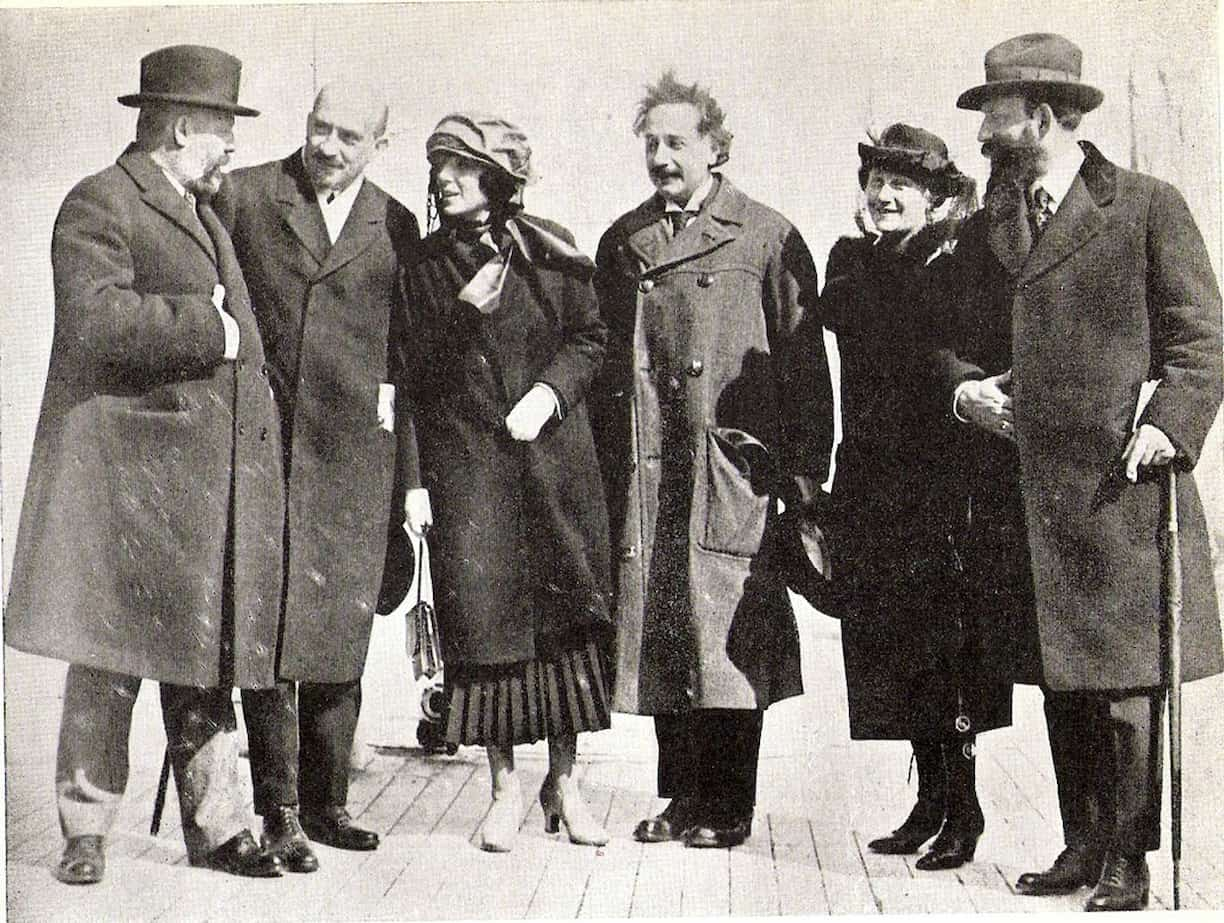Rudolf Einstein: Einstein’s Father-in-Law and Uncle
Rudolf Einstein was not pleased with Albert's slovenly appearance as he began his new teaching in Berlin in April 1914.

Rudolf Einstein was not pleased with Albert's slovenly appearance as he began his new teaching in Berlin in April 1914.



